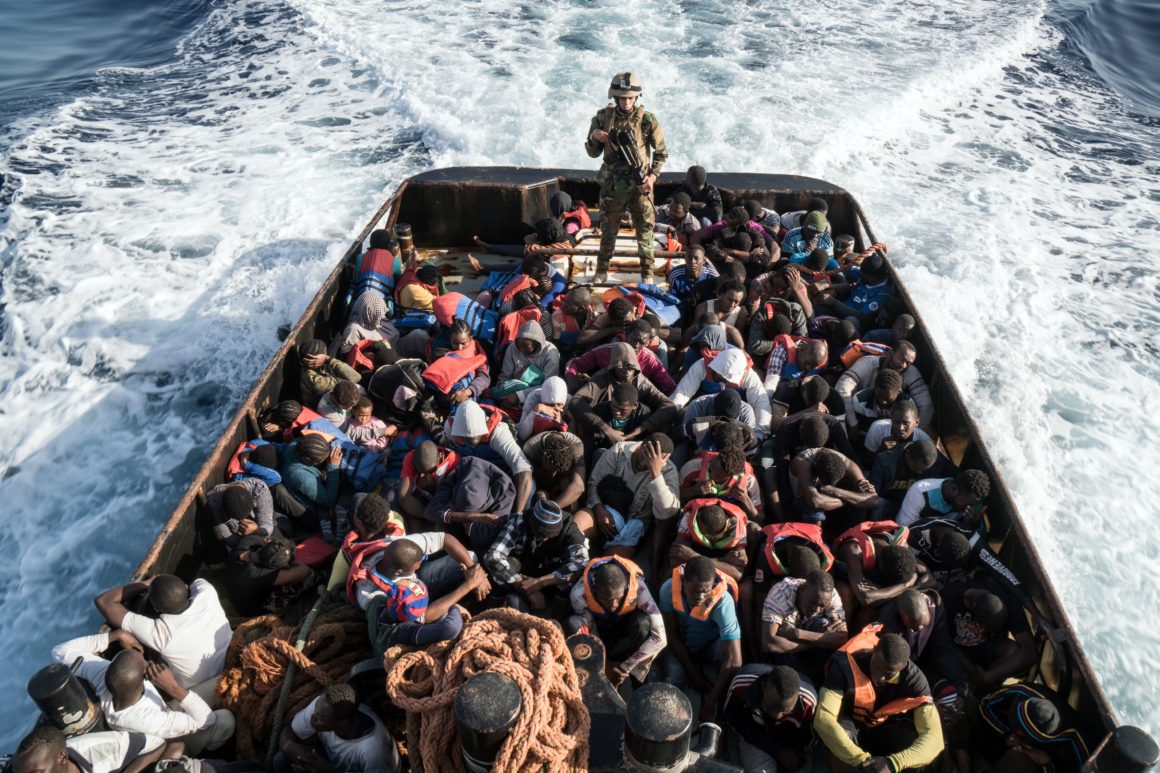ASYLUM SEEKERS AND THEIR RIGHTS UNDER INTERNATIONAL LAW OF SEA
Author – G. LOGA ABIVARDHINI, PRESIDENCY UNIVERSITY, BENGALURU
Best Citation – G. LOGA ABIVARDHINI, ASYLUM SEEKERS AND THEIR RIGHTS UNDER INTERNATIONAL LAW OF SEA, ILE INTERNATIONAL LAW REVIEW, 1 (1) of 2023, Pg. 01-11, ISBN – 978-81-961120-9-7
ABSTRACT
An asylum seeker is a person who has left their country and is seeking protection from persecution and serious human rights violations in another country, but who hasn’t yet been legally recognized as a refugee and is waiting to receive a decision on their asylum claim. Seeking asylum is a human right. This means everyone should be allowed to enter another country to seek asylum. Asylum seekers are individuals who flee their home country and seek refuge in another country due to fear of persecution, violence, and human rights abuses. In recent years, the issue of asylum seekers has become a highly debated and controversial topic, with governments around the world grappling with how to manage the influx of people seeking protection. The 1951 United Nations Convention Relating to the Status of Refugees provides a definition of a refugee as someone who is unable or unwilling to return to their home country due to a well-founded fear of persecution based on their race, religion, nationality, membership in a particular social group, or political opinion. The convention also states that signatory countries must provide asylum seekers with the necessary protection and assistance until they are able to return to their home country safely or are able to resettlement in another country. Despite the challenges, it is important to remember that asylum seekers are human beings who have been forced to flee their homes in search of safety and protection. They are not criminals or illegal immigrants, but people who are in need of help and support. Providing asylum seekers with the necessary protection and support is not only a moral obligation, but it is also essential for promoting stability and security in the countries where they seek refuge.
